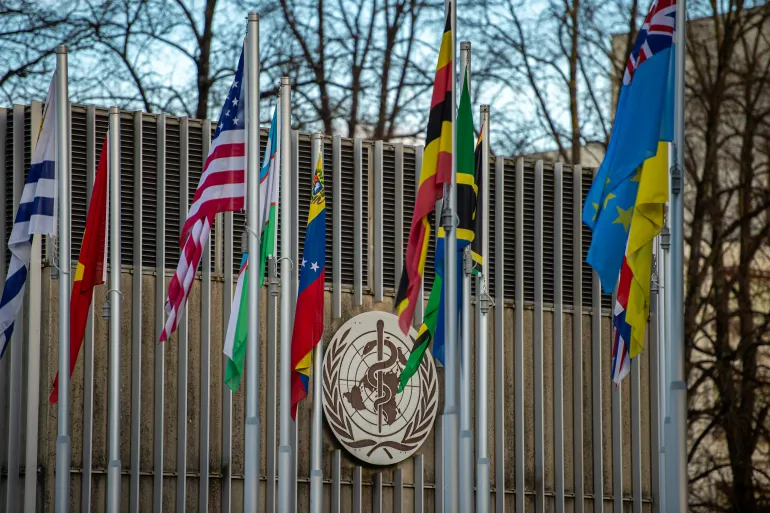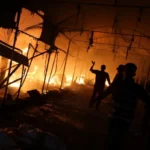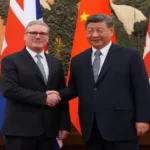In a historic decision, World Health Organization (WHO) member states have signed an unprecedented agreement to enhance global preparedness and response to potential future pandemics. The agreement is a direct response to the COVID-19 pandemic, when international cooperation collapsed, and richer nations were accused of stockpiling life-saving vaccines, tests, and treatments.
The new pact places prioritization on fair access to medical equipment and information exchange between countries. It aims to erase inequalities that left most low-income countries fighting for resources while richer countries negotiated mass purchases. WHO Director-General Dr. Tedros Adhanom Ghebreyesus has described the agreement as a “monumental step toward global solidarity and accountability.”
Major provisions of the accord are quicker data-sharing during epidemics, simplified research collaboration, and a global stockpile system to guarantee equitable distribution of critical supplies. The agreement also brings in provisions for legally binding commitments, a major step forward from earlier non-binding resolutions.
This international health agreement marks a change in attitude — from solo reactions to collective action. With future pandemics looming as a certainty, the world is finally setting the stage so that no nation, poor or affluent, will have to weather the next pandemic by itself.









